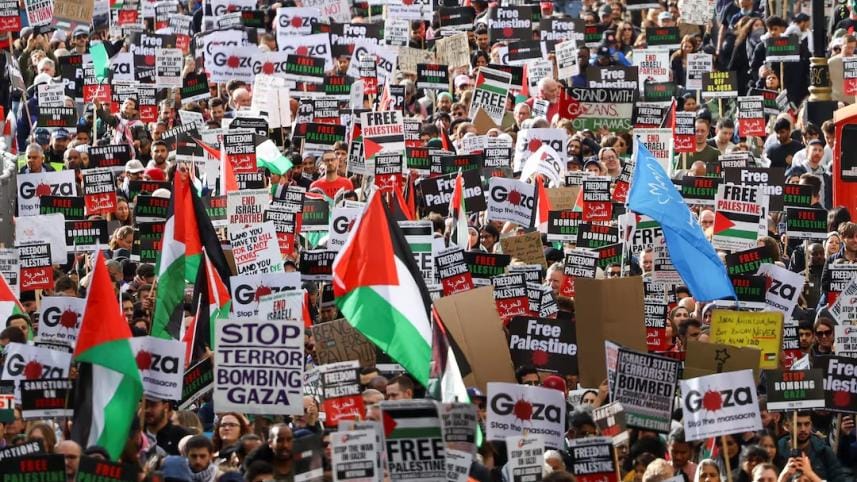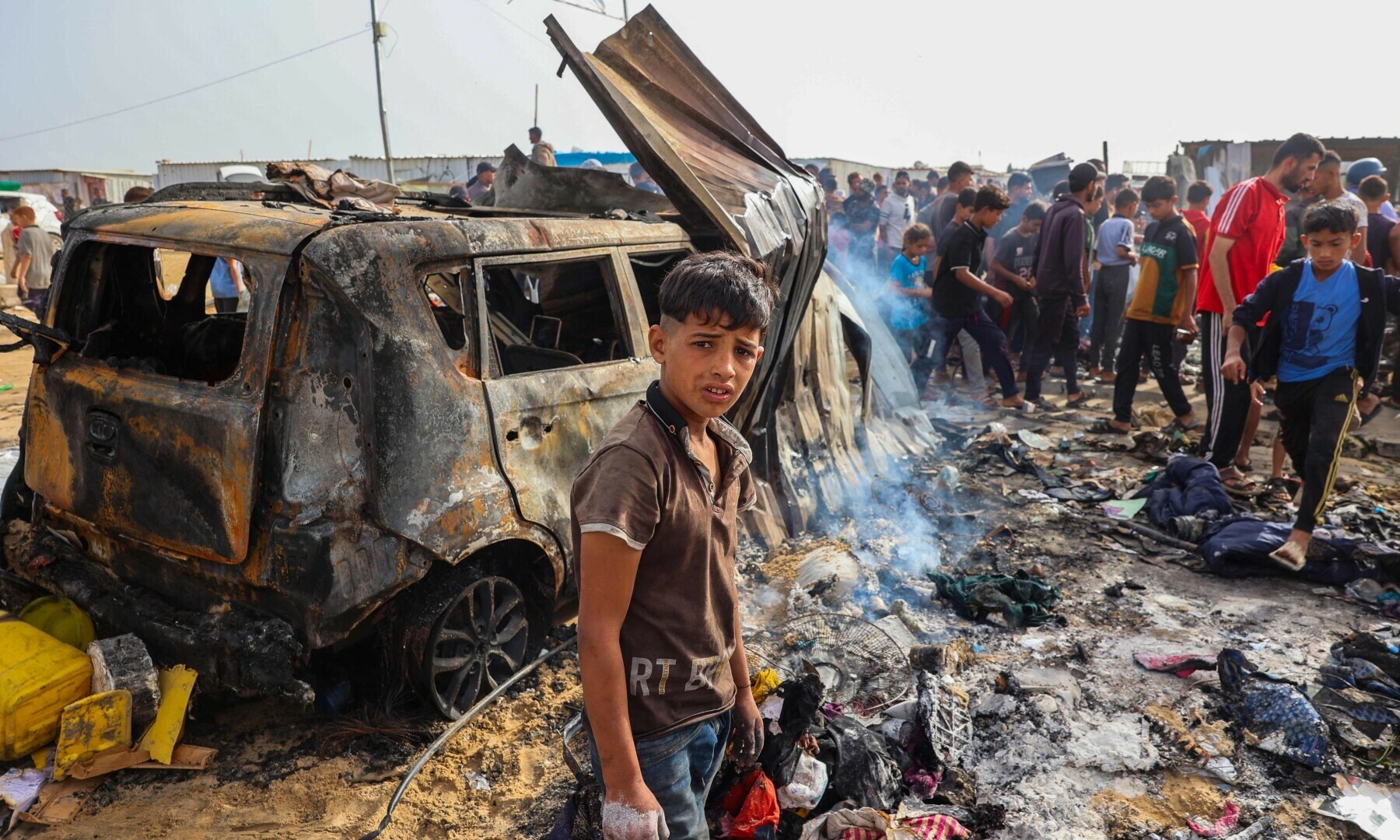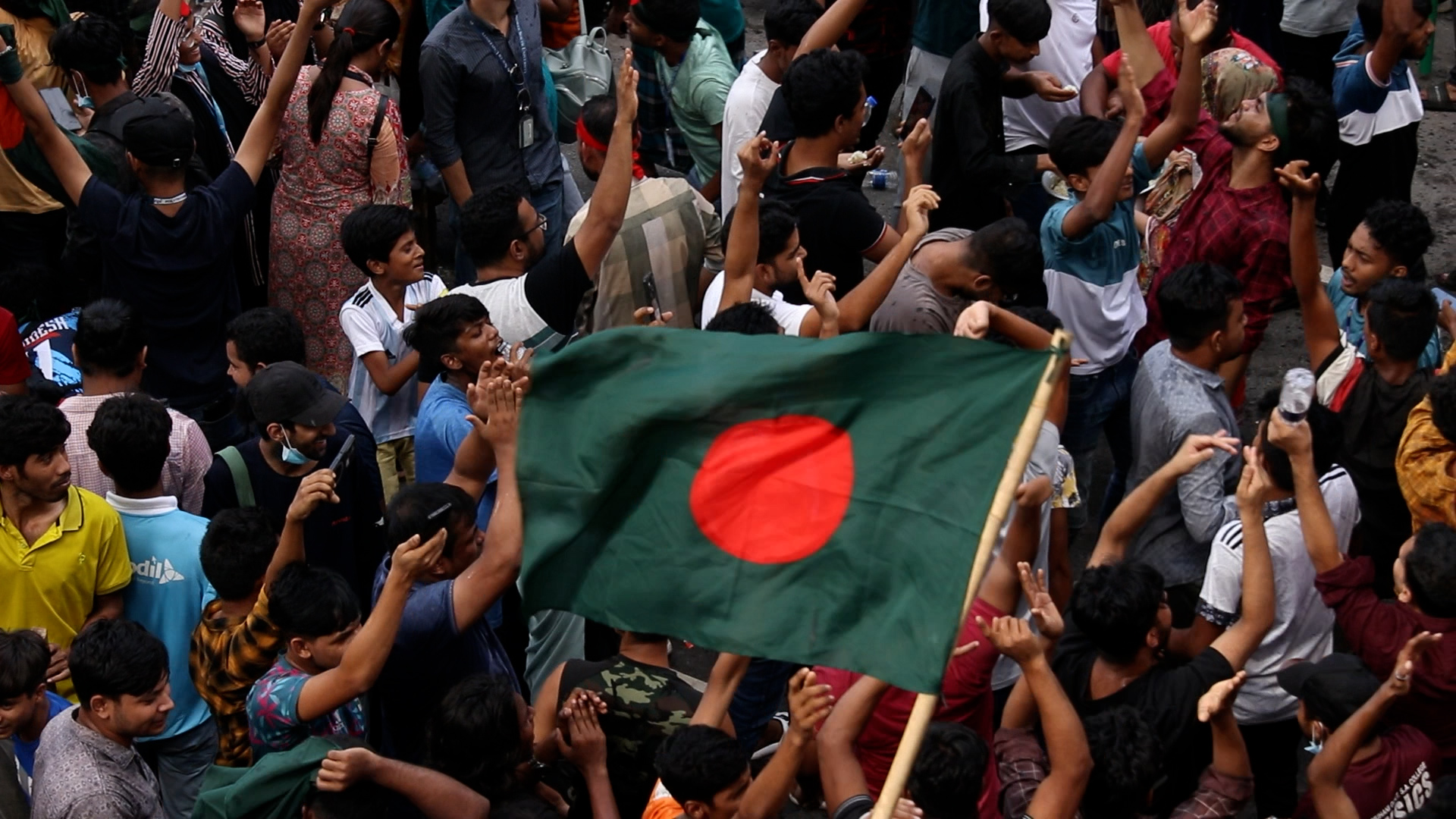Imperialism, war, and the fight for a just world

Since 2009, the World Day of Social Justice has been observed on February 20 with the goal of raising awareness and promoting efforts to combat social exclusion, poverty, and unemployment. It primarily focuses on promoting global harmony among people, reducing inequality, alleviating poverty, and establishing a fair social system.
Beyond this designated day, social justice remains a significant global issue, with people in different countries expressing their aspirations for fairness in various ways. However, without questioning the power exercised by major global players, ruling classes, or imperialist forces—as well as the dominance of anti-people and anti-environmental justice groups in different countries—the concept of international social justice cannot be truly meaningful. Therefore, this question needs to be raised in our country as well as globally.
We know that the largest allocation, or the biggest single sector in terms of expenditure worldwide, is the industry dedicated to human destruction—the war industry, armaments, and surveillance. The amount of money spent on them now is nearly $2 trillion, with 50 percent of this expenditure being made by the US alone. The spending of this money and its allocation drive activities that fuel war, violence, and repression across countries. They strengthen authoritarian regimes and are used by the most parasitic, anti-people, and anti-environment corporate powers to consolidate their dominance.
In recent history, we have seen this in Iraq, Palestine, Afghanistan, various parts of the Middle East, Africa, and Latin America. Surveillance, interventions, and the patronisation of war-mongering groups in different countries have further expanded this system. Alongside this expansion, we witness the rise of plundering elites and authoritarian, autocratic ruling classes in many countries.
This clearly indicates that our current world order is completely against international social justice. Therefore, whenever we talk about international social justice, we must question the present global (dis)order. To challenge the current global system, it is essential to establish agendas focused on public rights.
If we take Bangladesh as an example, the Liberation War was fundamentally fought to establish social justice and build a society free from inequality, exploitation, oppression, and dominance. However, in the post-war period, we have witnessed various phases of betrayal. Over time, a class has emerged that holds highly concentrated wealth, leading to rising inequality and poverty. Instead of achieving sustainable development, we have ended up with sustainable poverty, increasing deprivation, widespread environmental destruction, and deepening ethnic, class, and religious disparities.
If we look at India, we see a similar pattern. Despite the extreme levels of poverty and inequality, a few Indians are consistently listed among the richest people globally.
However, India is also home to the highest number of the poorest people in the world, with extreme inequality and deprivation. At the same time, the militarisation of the state is evident. Similarly, in Pakistan, we see continuous militarisation of the state along with poverty and inequality, with power being increasingly concentrated in the hands of the military, while a vast number of people remain deprived of their rights.
Following the election of Trump in the US, global tensions have escalated. Instead of fostering solidarity and unity among people worldwide, there is growing concern over increasing US domination and imperialist aggression in various regions. This has raised fears of a new phase of war or the emergence of a new chapter of global conflict.
Meanwhile, in Palestine, Israel's aggression, colonial occupation, and genocide have reached unprecedented levels. Despite the killing of over 45,000 people in recent months, those responsible in Israel have not been prosecuted as war criminals. On the contrary, the US administration has welcomed, honoured, and supported them, even encouraging further aggression against Palestine.
Nevertheless, there is hope because we also see that various universities in the US have organised massive protests against Israel's actions. Many Jewish individuals, including religious leaders, have also spoken out against Israel's aggression. In many places, large-scale protests have taken place, and people across the world have demonstrated against Israel's genocide and occupation.
The solidarity emerging through these protests—against war, aggression, neo-colonialism, neo-liberal aggression, and environmental destruction—is genuine and meaningful. The public mobilisation, protests, and gatherings happening in different countries reflect a strong and significant global unity.
This solidarity presents a real possibility for human-led change in the global order. Given the current state of the world, I see four potential possibilities emerging from this situation.
One possibility is that the world becomes increasingly fascist. In other words, the entire global system could turn into a fascist system, with the US as its leading power, and this could take on a more extreme form both globally and in various individual countries. The second possibility is that multiple centres of power will emerge in the world, leading to competition between them, and no single dominance will prevail. The third possibility is that the struggle for change will intensify, and the fight for dominance will continue, with both forces working in tandem. The fourth possibility is a revolutionary transformation of the global order.
These four possibilities are on the horizon, and within this framework, the desire to establish social justice, equality, and an environmentally friendly economy is rising. This urge emerging within people is driven by the need to sustain human society's existence in the face of capitalist aggression and the madness of the global ruling class.
The entire planet is facing an existential crisis, primarily due to the destruction of the environment and climate change. Across the world, insecurity and health hazards are increasing, and the quality of life for people is being threatened. In this context, the environmental movement is becoming a powerful force for challenging and changing the current global order. The environmental movement, along with the anti-war movement, the anti-imperialist aggression movement, and the equality movement creates the potential for international people's power needed to establish social justice on a global scale.
However, international agencies that are supposed to promote justice often end up compromising with those who create injustice, rendering both the international social justice agenda and the observance of the day itself meaningless.
To make this day meaningful and to turn social justice into a reality, it is crucial for people in all regions of the world to engage in meaningful struggles to establish social justice in their own countries. Additionally, solidarity between the struggles of people across all countries must be built to ensure social justice on a global scale, which is urgent for all of us.
Anu Muhammad is former professor of economics from Jahangirnagar University.
Views expressed in this article are the author's own.
Follow The Daily Star Opinion on Facebook for the latest opinions, commentaries and analyses by experts and professionals. To contribute your article or letter to The Daily Star Opinion, see our guidelines for submission.




 For all latest news, follow The Daily Star's Google News channel.
For all latest news, follow The Daily Star's Google News channel. 

Comments